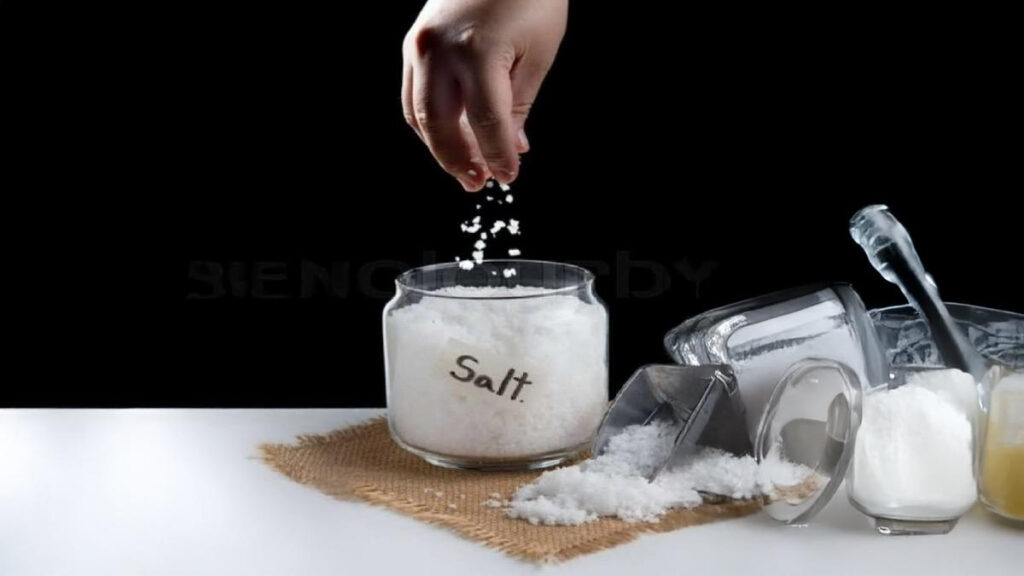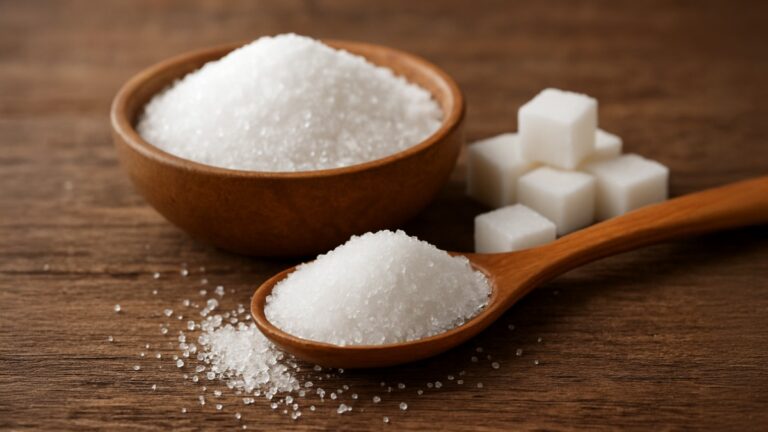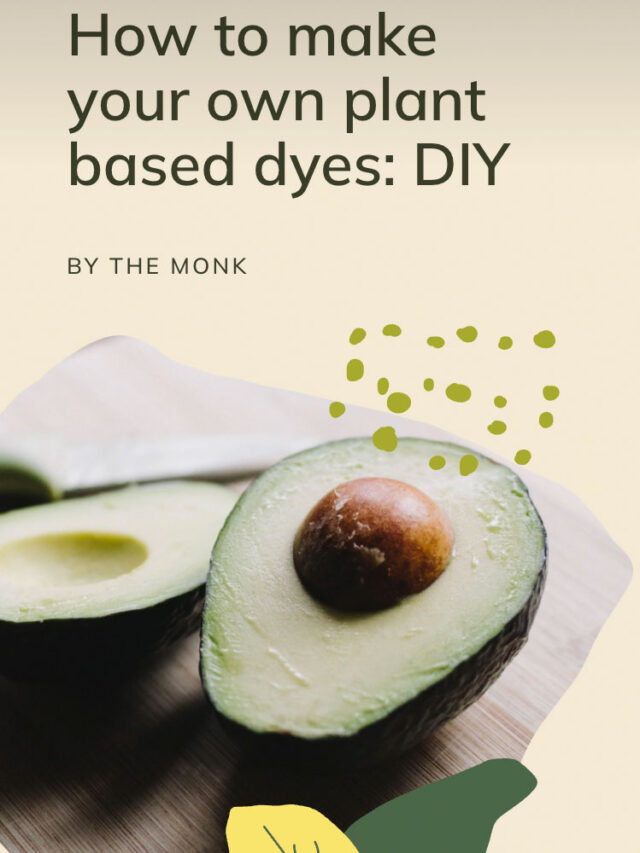Table of Contents
Amount Of Daily Salt Intake, According to the World Health Organization (WHO), only a small amount of salt is necessary for the healthy functioning of our body, but when we consume more salt than required, it can be harmful to our health. Nowadays, salt intake has become excessive in the daily routine of most people, increasing the risk of problems like heart disease, kidney diseases, high blood pressure and stroke. WHO has given an important suggestion in this regard, through which these serious diseases can be avoided.
How much salt is necessary in a day?
Amount Of Daily Salt Intake: According to the WHO recommendation, a normal adult should consume a maximum of 5 grams (about one teaspoon) of salt a day. This limit is sufficient to meet the requirements of our body and consuming more salt than this can prove harmful to health. 5 grams of salt contains about 2 grams of sodium, which meets our daily requirement.
Dangers of excess salt
- Heart disease: Excess salt intake increases the amount of sodium in the blood, which can increase blood pressure. High blood pressure puts more pressure on the heart, which can gradually weaken the heart and cause heart attack or other heart diseases.
- Kidney problems: Excessive consumption of salt also affects the kidneys. The kidneys work to remove toxins from the body, but excessive salt intake can make this task difficult. Long-term pressure on the kidneys can increase the risk of kidney failure.
- Bone weakness: Excess salt consumption can also be harmful for bones. Salt removes calcium from the body, causing bones to weaken and increasing the risk of diseases like osteoporosis (decrease in bone density).
- Effect on the digestive system: Excess salt intake can cause stomach problems. It can also be a cause of gastric cancer, as excess salt damages the stomach lining.

How to reduce salt intake?
Following the WHO guidelines, you can control your salt intake by following the following measures:
- Use natural flavours: Use more spices and herbs in your food, such as coriander, mint, celery, etc. This will increase the taste of food and reduce the need for salt.
- Avoid processed food: Processed and packaged food such as chips, namkeen, pickles, ketchup and sauces contain high amounts of salt. Limit or minimize the consumption of these things.
- Read labels: Whenever you consume any packaged food, read its label. See how much salt or sodium is there in it. This will tell you how much salt you are consuming.
- Eat homemade food: You can control the amount of salt in home-cooked food. Outside food often contains more salt, which can be harmful to health.
- Remove salt from the table: Often people consume extra salt even during meals. The easiest way to do this is to remove the salt container from the dining table, so that you do not even think of adding extra salt.
Amount Of Daily Salt Intake, Points to note
- For children and the elderly, the amount of salt should be even less, as their bodies are not able to handle excess salt.
- People who sweat a lot (such as athletes) may need some extra salt, but take it only after consulting an expert.
- Consuming less salt has to become a habit, so get used to it slowly. Suddenly reducing the amount of salt may not make the food taste good initially, but with time it will become a habit.
The WHO’s advice to not consume more than 5 grams of salt a day is a simple and effective solution that can save you from serious health problems. Limiting the amount of salt is an important step to prevent heart and kidney diseases. Remember that it is your health and small changes in habits can bring big improvements in your life. By consuming salt in a balanced manner, you can protect your health for a long time.



































